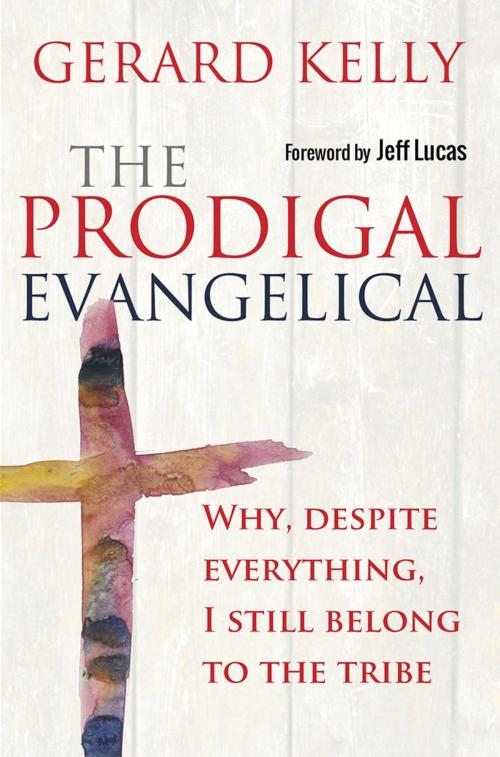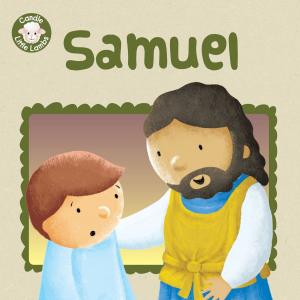The Prodigal Evangelical
Why, despite everything, I still belong to the tribe
Nonfiction, Religion & Spirituality, Christianity, Christian Life| Author: | Gerard Kelly | ISBN: | 9780857216274 |
| Publisher: | Lion Hudson LTD | Publication: | January 15, 2015 |
| Imprint: | Monarch Books | Language: | English |
| Author: | Gerard Kelly |
| ISBN: | 9780857216274 |
| Publisher: | Lion Hudson LTD |
| Publication: | January 15, 2015 |
| Imprint: | Monarch Books |
| Language: | English |
The Christian faith is about grace, not law, yet the evangelical church gets it wrong. Gerard Kelly uses the story of the Prodigal Son to unpack the idea, explaining as he does so why he is still willing to describe himself as part of the tribe. This book explores in depth the story of the Prodigal Son in Luke 15, suggesting that this one story carries in concentrated form the DNA of the message of Jesus. Exploring this parable and the wider biblical story arc in which it is set, The Prodigal Evangelical suggests a reframing of the gospel narrative in four key words: beauty, brokenness, forgiveness and invitation. These four words describe the human condition ' we are beautiful, broken, forgiven and invited ' and create a telling of the Christian story that centres on the breadth and depth of the love of God. This is the narrative at the heart of evangelical faith. The Prodigal Evangelical embraces the death of Christ as essentially about forgiveness. The cross is where it becomes possible both to be forgiven and to forgive: this is the game-changing force that creates the Christian movement. In both dimensions the forgiveness offered is unilateral. The Prodigal Evangelical leads directly to Gerard's personal experience of the cross as a life-changing encounter.
The Christian faith is about grace, not law, yet the evangelical church gets it wrong. Gerard Kelly uses the story of the Prodigal Son to unpack the idea, explaining as he does so why he is still willing to describe himself as part of the tribe. This book explores in depth the story of the Prodigal Son in Luke 15, suggesting that this one story carries in concentrated form the DNA of the message of Jesus. Exploring this parable and the wider biblical story arc in which it is set, The Prodigal Evangelical suggests a reframing of the gospel narrative in four key words: beauty, brokenness, forgiveness and invitation. These four words describe the human condition ' we are beautiful, broken, forgiven and invited ' and create a telling of the Christian story that centres on the breadth and depth of the love of God. This is the narrative at the heart of evangelical faith. The Prodigal Evangelical embraces the death of Christ as essentially about forgiveness. The cross is where it becomes possible both to be forgiven and to forgive: this is the game-changing force that creates the Christian movement. In both dimensions the forgiveness offered is unilateral. The Prodigal Evangelical leads directly to Gerard's personal experience of the cross as a life-changing encounter.















